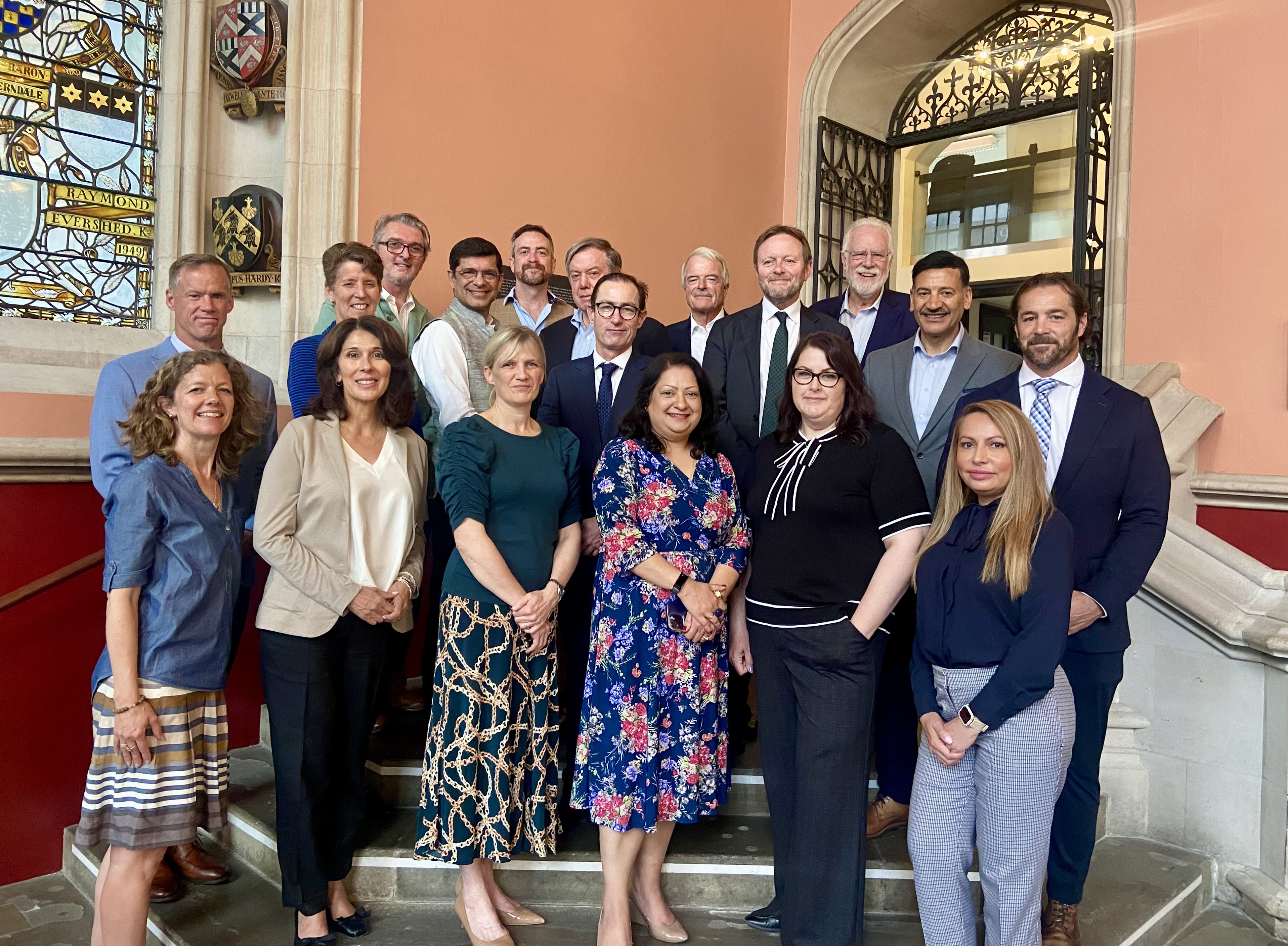In keeping with its strategy to support the development of new or early-stage collaboration across the PLuS universities, three new research projects have received seed funding. The projects are:
Using modern technology to alleviate psychological distress
“A multi-country strategy for managing psychological distress during the COVID-19 pandemic”
The researchers are Simon Wessely (lead), Neil Greenberg, Nicola Fear, Matthew Hotopf (King’s College London), and Richard Bryant (lead), Sam Harvey, Mark Deady and Katie Dawson (UNSW).
One of the huge impacts of the pandemic is worsening mental health around the world. The researchers aim to develop, implement, and evaluate a targeted mental health intervention for people distressed by the pandemic. They will build on a successful program developed by UNSW and the World Health Organization that uses group video conferencing over a sustained period to reduce anxiety and depression. The seed funding will be used to support the development and feasibility testing of a similar project in three regions and support investigative work to scale up this initiative to support large, controlled trials.
The project aligns with the UNSDG Global Health (3).
The Tangled Web of Turning Spider Silk into a Super Material
“Developing technology readiness pathways toward creating high performance recombinant spider silks”
The researchers are Jeffrey Yarger (ASU), Rivka Issacson (King’s College London) and Sean Blamires, Aditya Rawal and Christopher Marquis (UNSW). They are focused, in part, on creating environmentally friendly materials that reduce the world’s reliance on plastics.
Spider silk is a high-performance material that can be made from proteins in a water solvent. This is a lot easier than trying to harvest spider silk from spiders. The research team has initiated a method of generating spider silk from a range of proteins. The seed funding will enable the technology to progress to the next stage, to scale up production and to widen the scope for external funding.
The project aligns with four UNSDGs: Innovation and infrastructure (9), Responsible consumption (12), Life below water (14) and Life on land (15).
Shining light on visual impairment and developing novel pathways
“Investigation of tear metabolites as biomarkers to minimise visual impairment in corneal infection”
The researchers are Christopher Hammond, Jelle Vehof and Pirro Hysi (King’s College London) and Nicole Carnt (UNSW).
An eye infection can lead to scarring and vision loss. New specialised tools are being developed to understand the reasons for this and to look at new novel pathways to assess the damage caused. Innovative technologies have allowed the research team to examine serum biomarkers linked to corneal infections, using data from corneal infection patients and healthy volunteers. This study will investigate both tear and serum molecules as potential prognostic biomarkers and novel inflammatory pathway predictors in corneal infection. Better understanding of the inflammatory mechanisms in corneal infection is key to limiting vision loss and improving quality of life.
The project aligns with the UNSDGs Global Health (3) and Partnership for goals (17)
PLuS Alliance seed funding is available to assist in the development of research projects that address one or more of the alliance themes: sustainability, global health, social justice, technology and innovation. The funds enable teams to conduct preliminary work and facilitate collaboration across ASU, KCL and UNSW.
The seed-funded projects are part of an ongoing drive by the PLuS Alliance to achieve international impact through collaborative research.
For enquiries contact Bisi Olulode, Communications Officer, Olabisi.olulode@plusalliance.org


